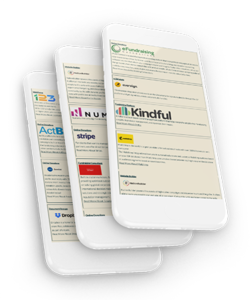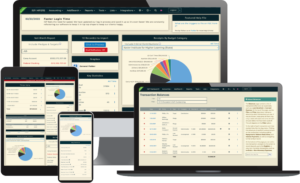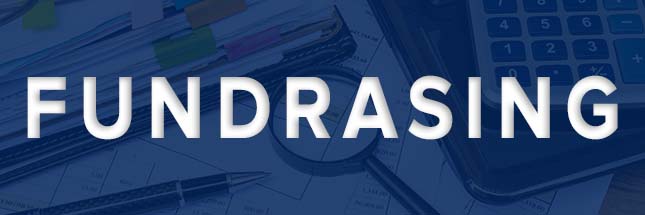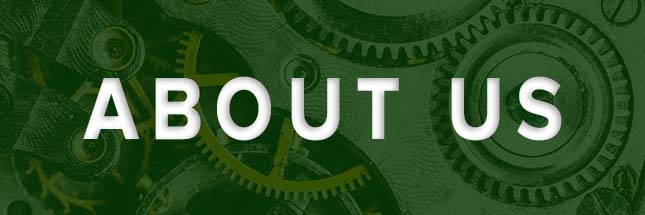The CT Form 30 is used to report Contributions. Connecticut’s E-File system requires you to upload your report via their system using a specific format. To get the e-file you need, generate the report in ISP and download it. Then upload that saved file to Connecticut’s system.
Below is a line by line list for the Connecticut Itemized Campaign Finance Disclosure Statement (SEEC Form 30). With accurate data entry, ISP will automatically complete your report. This help file can be used if you have particular questions about why information isn’t appearing or if a transaction is or is not appearing on a specific line.
Committee Information: Committee information comes from the organization record set as your filer committee. Candidate and Treasurer information comes from the individuals linked to that filer committee via Relationships.
Type of Report: Type of Report is determined by the selection chosen on the report generation criteria screen in ISP. The system will automatically check the box on the report based on what you chose in the drop down menu.
Line Breakdown, Summary Page
Line 12: Balance on hand from Day Committee was Formed
Line 13: Balance on hand at the beginning of Reporting Period
Line 14: Contributions Received from Individuals (Sections A and B)
- Section A, Total Contributions from Small Contributors: Unitemized Monetary Contributions from Individuals/Sole Proprietors (Sole Proprietors are considered individuals in CT)
- Section B, Itemized Contributions from Individuals:
Itemized Monetary Contributions from Individuals/Sole Proprietors. Use
tags to indicate if a contributor is a lobbyist, a state contractor, or
has a municipal contract.
Line 15: Receipts from Other Committees (Sections C1 and C2)
- Section C1, Contributions from Other Committees: Pulls all Monetary Contributions from any organizations, excepting Sole Proprietors
- Section C2, Reimbursements or Surplus Distributions from Other Committees: Pulls Refunded Expenses from Political Committees
Line 16: Other Monetary Receipts (Sections D through I)
- Section D, Loans Received this Period: Pulls Loans Received
- Section E-G: Not required for candidates so not currently supported
- Section H, personal funds of the candidate received: Pulls Monetary Contributions from the Candidate
- Section I, Miscellaneous Monetary Receipts not Considered Contributions: Pulls reversed expenses, refunded expenses from entities that aren’t
Political Committees, Loan Made Repayments, Enforceable Pledge Payments,
and Other Income without tags/associated events
Line 17: Total Proceeds from Small Purchases at Tag Sales, Auctions or Other Sales (Section J1)
Line 18: Total Monetary Receipts (add totals for Lines 14 through 17)
Line 19: Subtotals (add totals in Line13 + 18 in Column A; and in line 12 + 18 in Column B
Line 20: Expenses Paid by Committee (Section N)
- Section N, Expenses paid by committee: Pulls reversed
Monetary Contribution, reversed Other Income, Expense, Loan Received
Repayment, Loan Made Repayments, Refunded Contribution, and Accrued
Expense Payment - Section N Addendum: Pulls Support/Oppose Memos that are dependent of an
Expense, as long as they are to an Individual/Political Committee and
the original is not to the Candidate/Financial Institution. The original
expense should be tagged Coordinated-Reimbursement, Coordinated-No
Reimbursement, or Independent Expenditure. If Support/Oppose Memos are dependent of
an Accrued Expense that is incurred and completely paid off in same
period, then they are also pulled here if they have the same tags.
Line 21: Balance on hand at close of Reporting Period (Subtract Line 20 from Line 19 in both columns)
Line 22: Inkind Donations not Considered Contributions Received (Section J3)
- Section J3, Inkind donations not considered contributions: Pulls Inkind Contributions associated with an event that are not pulled to Section J4
Line 23: Inkind Donations not Considered Contributions – House Party (Section J4)
- Section J4, Inkind donations not considered contributions associated with a house party: Pulls Inkind contributions from individuals if they are associated with a residence event and has the tag Event Host
Line 24: Inkind Contributions Received (Section K)
- Section K, Inkind contributions: Pulls Inkind contributions not associated with an event
Line 25: Refundable Deposit to Telephone Company (Section L)
Line 26: Beginning Loan Balance
Line 26a + Loans Received (Section D)
Line 26b + Interest and Penalties on Loan
Line 26c – Payments on Loan
Line 26d: Total Outstanding Loan Amount
Line 27: Campaign Expenses Paid by Candidate (Section O)
- Section O, campaign expenses paid by candidate: Pulls splits of
Expense/Inkind/Accrued Expense to the candidate. To mark reimbursement
as claimed, use Expense/Accrued Expense. Otherwise use Inkind.
Line 28: Expenses Incurred on Committee Credit Card (Section P)
- Section P, expenses incurred on committee credit card: Pulls splits of Expense/Accrued Expense to financial institution/credit card issuers
Line 29: Expenses Incurred by Committee During this Period but Not Paid (Section Q)
- Section Q, expenses incurred by committee but not paid during this period: Pulls Accrued Expenses incurred in period that have an outstanding balance at the end of the period
- Section Q Addendum: Pulls Support/Oppose Memos that are dependent of an
Accrued Expense with an outstanding balance that was incurred in the
reporting period, as long as they are to an Individual/Political
Committee and the original is not to the Candidate/Financial
Institution. The original accrued expense should be tagged
Coordinated-Reimbursement, Coordinated-No Reimbursement, or Independent
Expenditure.
Line 29a: Total Outstanding Expenses Incurred by Committee still Unpaid (Section Q)






